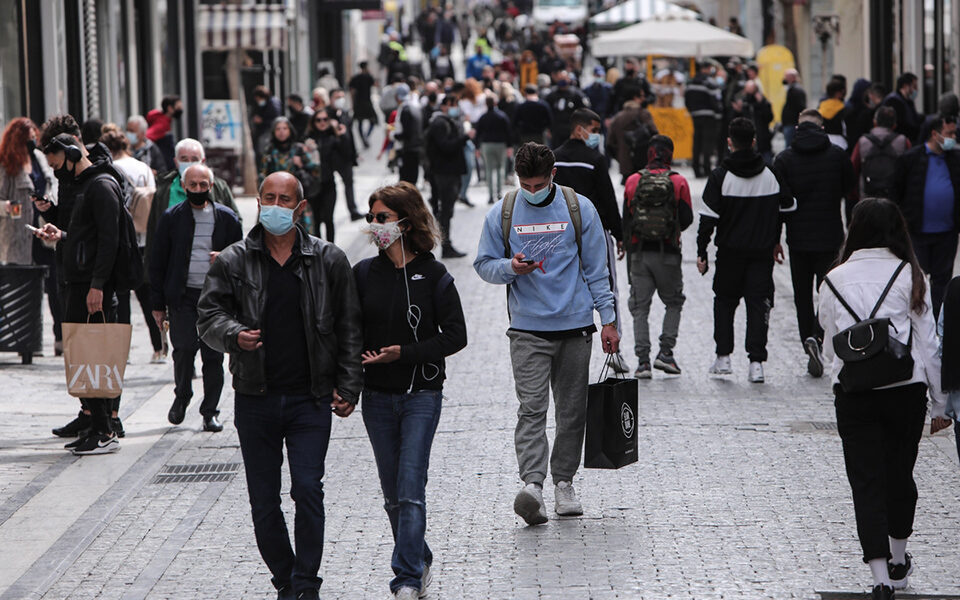Pandemic: A calm summer and fall surge

Health authorities and scientists see a calm summer for the Covid-19 pandemic, but also a possible autumn upsurge when temperatures start to drop.
All relevant indicators tracking the spread of the coronavirus pandemic – number of new cases, hospitalizations, intubated patients and fatalities – have improved significantly over the past couple of weeks, to the relief of officials who were fretting over the impact of persistently high levels of infection on tourism.
This improvement is expected to continue, says Ghikas Magiorkinis, assistant professor at the Department of Hygiene, Epidemiology and Medical Statistics of the University of Athens, who specializes in tracking retroviruses.
“We expect the pandemic to subside in the summer, both because of the higher temperatures and the fact that a big segment of the population has either gotten sick or been vaccinated,” says Magiorkinis, adding that having gone through the disease or the vaccination ensures immunity for at least four to five months.
“The reference scenario is that we will have a new surge of Covid-19 starting in October; but we may also be surprised,” Magiorkinis says.
A new wave will likely come when nightly temperatures consistently drop below 18 degrees Celsius.
In 2020, the first year of the pandemic, a surge started in late October from Thessaloniki. Another surge, in October 2021, coincided with the arrival of the highly contagious, and deadly, Delta variation of Covid. In both cases, the superspreaders were the 18-39 age group, although the elderly and those with existing serious illnesses bore the brunt of hospitalizations and fatalities.





